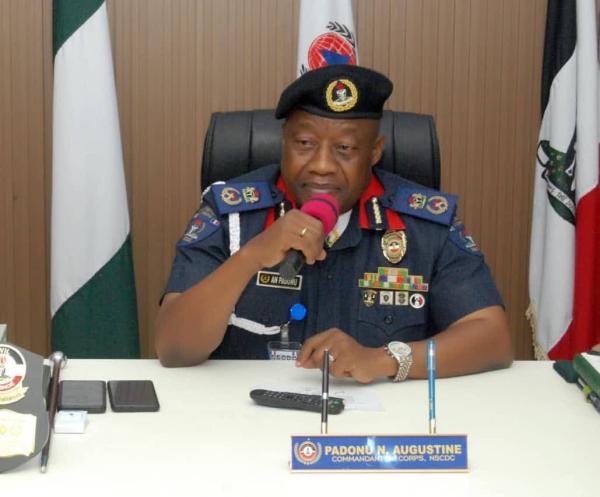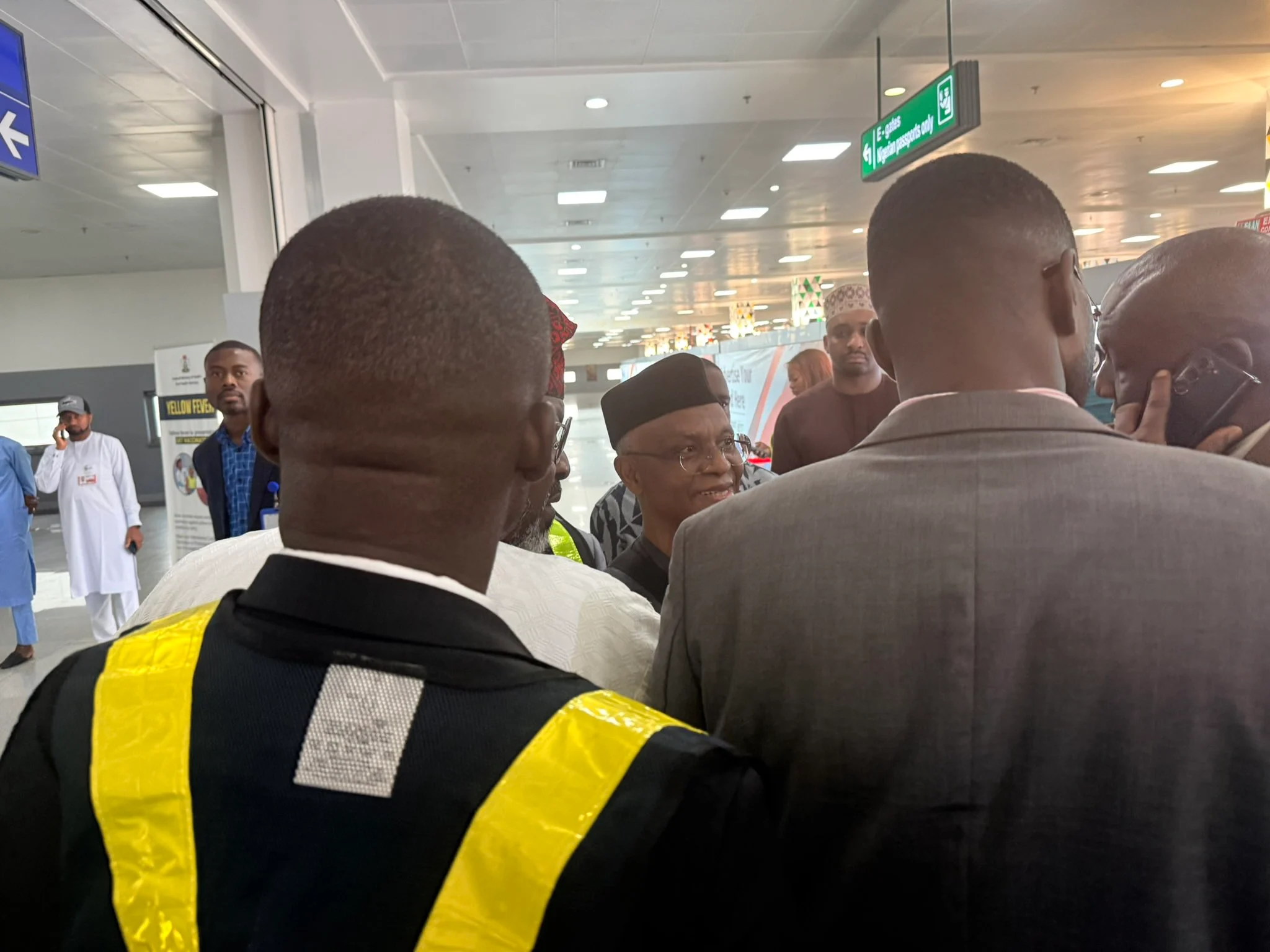
An offer by Gazprom to help rival Rosneft salvage an Arctic oil project shows how tightly sanctions have bound Russia's political and business elite together in the Ukraine crisis - an unintended consequence of the West's punitive measures.
Some Gazprom executives now say this month's little noticed proposal to loan Rosneft a drilling rig was "theoretical". It was quietly made after U.S. sanctions put in doubt a project with ExxonMobil to drill for oil in the Kara Sea.
The offer was certainly surprising.
The relationship between the two state run firms has long been strained. Most recently Gazprom, successor to the Soviet gas ministry, has been worried by Rosneft's ambition to increase its gas output having become Russia's biggest oil producer, borne out in an intensifying price war for domestic gas consumers.
The mere suggestion that such rivals could cooperate to reduce the impact of sanctions is one of the strongest signals yet of how, after seven months, Western measures are having the opposite effect to the one intended.
Far from dividing those closest to President Vladimir Putin, they have forced the main players in the energy sector to rally behind him. This circle has by necessity become more focused, Western and Russian businessmen, diplomats and politicians said.
"They are defiant," said a senior Western businessman who has access to some of the business and political leaders targeted by sanctions. He asked not to be identified because of the political sensitivity of the subject.
"The sanctions have brought consolidation and have made his inner circle only more dependent on him."
The influence of more liberal thinkers in the government has been curtailed, sources close to decision-making say, including in the vital energy sector. The already small inner core of decision-makers has shrunk even further.
"We underestimated the Russian reaction," said a Western envoy based in Moscow who spoke on condition of anonymity.
This envoy and some other Western diplomats say, however, the U.S. and European Union sanctions have not had their full impact yet. As evidence, they point to Russia's growing economic problems as the rouble slides and recession looms.
National Champions
When the West took aim at Russia's energy producers, the sanctions struck at the heart of Putin's economic powerbase.
Russia, the world’s largest energy exporter, relies on oil and gas exports for about half its federal budget.
Even before coming to power, Putin had outlined his vision of "national champions" - resource companies under the control of the state - that could fund the reconstruction of Russia's military and society after the chaos of the 1990s.
Gazprom was already in place, a Soviet-era monolith. Putin started installing a new team at the company a year after coming to power in 2000. He drafted in Dmitry Medvedev, now Russia's prime minister, and Alexei Miller, now Gazprom's CEO.
Putin also helped build Rosneft, mostly from Yukos, the oil firm that the courts seized from Mikhail Khodorkovsky in 2003.
Rosneft and Gazprom are both headed by Putin allies - Miller at Gazprom and Igor Sechin at Rosneft. Both men hail from St Petersburg, where Putin started his political career after serving in the KGB.
But there is no obvious friendship between the men. They barely look at each other at public functions and are conspicuously silent about each other. In a surprising commentary four years ago, Sechin criticized Gazprom for being too slow in Asia and said it should raise its game.
While the sanctions are unlikely to end the underlying tensions that have long defined Putin's small team of advisers, they are concentrating minds, the businessman said.
With no access to funds from Western banks or companies, those running the main state oil companies are bound even closer to Putin as they hope to win money from some of Russia's rainy day funds.
Hitting Where It Hurts
A U.S. official who spoke on condition of anonymity in September said the U.S. and EU sanctions targeting delivery of oil technology, goods and services to Russia were intended to make it all but impossible for Moscow to tap new oil sources.
The sanctions were the latest in a package of moves by the United States and the EU over Russia's policies in Ukraine. They also targeted those closest to Putin, labeled "Putin's cronies" by one senior U.S. official. These included Sechin, who was subject to asset freezes and visa bans.
Washington and Brussels hoped to create rifts in Putin's inner circle and persuade his allies to press for a change in policy towards Ukraine, where Moscow has annexed the Crimea peninsula and backed separatists in the east.
Though the euphoria that rallied Russians behind Putin over Crimea is expected to wear off, most in Putin's inner circle have said they wear the badge of sanctions with pride.
For his part, Putin showed his contempt for the West and determination not to bow to sanctions in a speech on Friday, accusing Washington of putting the world order at risk.
In May, Sechin dismissed the sanctions imposed on him as "theoretical" saying he did not have property or accounts in the United States. But measures affecting exploration in the Arctic and development of shale deposits have incensed him, several gas executives have said.
He believes politics should not be mixed with business, said a source close to the Rosneft boss. The fact the sanctions so clearly targeted the drilling project with ExxonMobil in the Kara Sea was not lost on the Russian oilman.
After continuing work following earlier rounds of sanctions, the round in September sent a clear message that Exxon must finally stop its work, said one U.S. lawyer who spoke on condition of anonymity because of the sensitivity.
The source close to Sechin said Rosneft and Putin were determined "the show will go on" to prove to the West they can drill for new oil without U.S. or EU expertise.
Russia's Energy Ministry was told "to do anything to make it work", the source said, meaning that work would continue on the Bazhenov shale deposits in west Siberia and the offshore fields in the Arctic.
Rosneft said it would continue drilling in the Kara Sea and it could develop 99 percent of its tight (shale) oil reserves by itself "thanks to having the necessary expertise and technology, and also preferential tax treatment".
Dmitry Peskov, Putin's spokesman, also said the sanctions could not stop drilling in the Arctic. "They may influence it in a negative way, but they are unable to stop it."
Arctic Ambitions On Ice
Even if the sanctions are lifted late this year or early next, Exxon may not be able to resume work quickly in the Kara Sea because of the long lead times for getting contracts ready.
The company would need to start that process now - getting the logistics in place - to be able to drill in the two/three-month window from August to October next year when the ice melts allowing Exxon to bring a rig in and also to drill.
Exxon declined to comment.
Since winding down its operations to comply with sanctions, Exxon has now towed the rig, called West Alpha, away. According to satellite images, the rig returned to its yard in western Norway on Oct. 17.
Without a rig built to work in the freezing environment of the Arctic, Putin's and Sechin's ambition of developing Arctic oil reserves that could cost hundreds of billions of dollars would be have to suspended.
Enter Gazprom. Earlier this month, the company was quoted as saying by Russian media that its Arkticheskaya rig could be used to continue drilling in the Kara Sea next year if it was needed.
Vsevolod Cherepanov, a member of Gazprom's management board, later said there was a technical possibility but that the rig was now working for Russia's second largest oil producer Lukoil. Other Gazprom executives said they could probably not spare it.
Sechin avoided answering when asked by Reuters whether Rosneft would take up the offer, but said: "We will continue drilling in any case, on our own ... If partners take part - that's good, if they can't - we will carry on alone."
Reuters



















